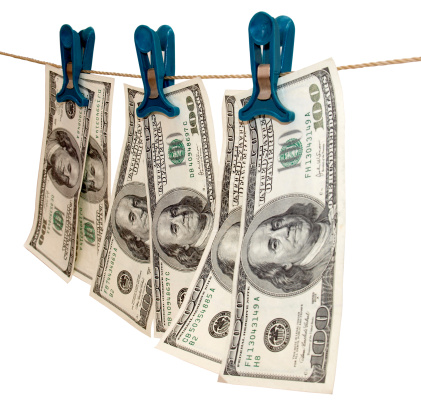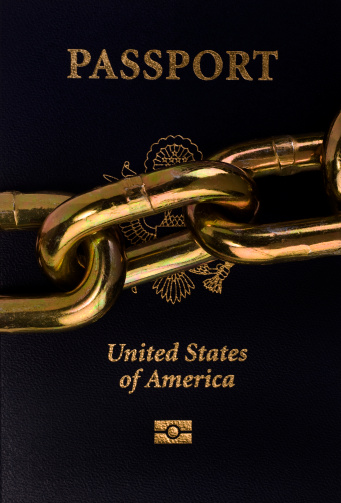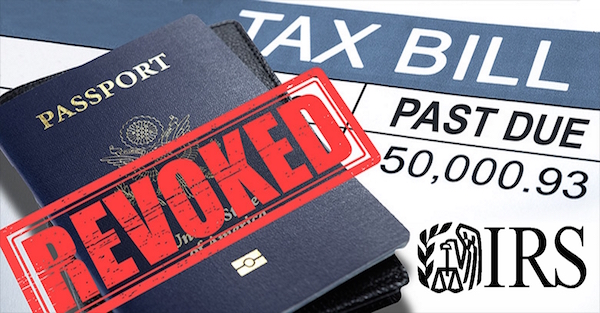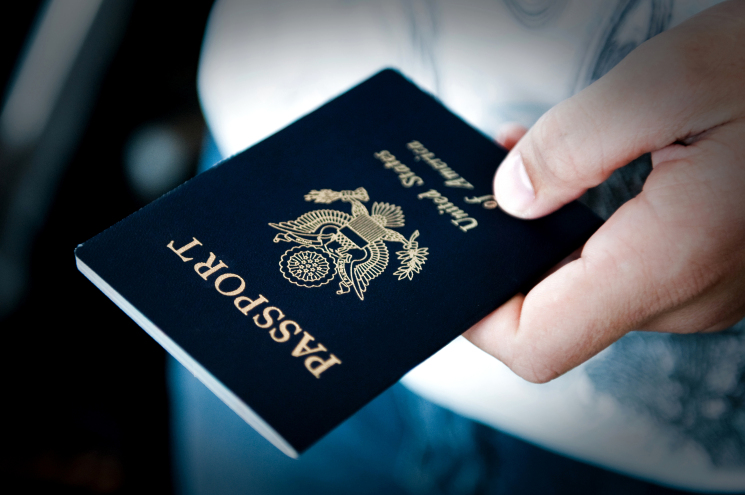IRS Snitch Gets Rich
IRS Snitch Gets Rich – UBS Whistleblower Receives $104 Million.
How much are 40 months of your life, and your dignity, worth? $104 million (or about $4,600 for each hour spent in prison) seems a good answer.
As you may have heard, The Internal Revenue Service awarded tax whistleblower and former UBS banker Bradley Birkenfeld $104 million for turning in his clients and giving insider information on the banks operations. This ultimately allowed the IRS to shatter the veil on Swiss bank secrecy, get paid a bribe or blackmail (how else can you describe paying money to avoid criminal prosecution) of $780 million from UBS, imprison hundreds of Americans, obtain records on 4,000 accounts, and raise $5 billion and counting in taxes and penalties.
Prosecutors have said they would have had no case against UBS without Mr. Birkenfeld, but they still sought one charge of conspiracy and prison time for this Good Samaritan. Mr. Birkenfeld was sentenced to 40 months and will probably do 85% of that sentence in one form or another. After serving 30 months, he was recently transferred to a halfway house in New Hampshire.
Clearly, Mr. Birkenfeld has seen the error of his ways and is on board with the IRS. He recently released the following statement through his attorneys: “The IRS today sent 104 million messages to whistleblowers around the world — that there is now a safe and secure way to report tax fraud and that the IRS is now paying awards,” and “The IRS also sent 104 million messages to banks around the world — stop enabling tax cheats or you will get caught.”
Well, before you decide to turn in your ex-spouse, business partner, or employer, you might like to know that the IRS has a history of screwing the whistleblower and denying claims for compensation.
In 2006, the IRS started a whistle-blower campaign which offers informants rewards of 15% for recoveries of less than $2m and 30% for recoveries in excess of $2m. However, the vast majority of claims submitted to the IRS go unanswered.
Of the cases that the IRS investigates, the usual time to completion is 5 years, you get a percentage of the amount recovered and not the amount assessed, and IRS records indicate they pay out an average of 4% of the money recovered, rather than 15 and 30%.
How can the IRS payout 4% on average when the regulation says 15 to 30%? Easy…they deny the majority of claims even after moneys are recovered. The IRS issues a letter saying they would have collected the money without the tip…that the tax cheat would have been found out through their normal audit procedures, and thus no money is due the whistleblower.
There are no appeals or legal remedies for the whistleblower. He or she is at the mercy of the Service.
While, I’m sure that there will be a flood of new cases coming in to the IRS Informant Program in the coming weeks, I’m just as certain that very few of these snitches will ever see a dollar for their efforts.
For additional information on the IRS program, and to tattletale on your friends and family in pursuit of a pay day, click here for the IRS website.












Leave a Reply
Want to join the discussion?Feel free to contribute!